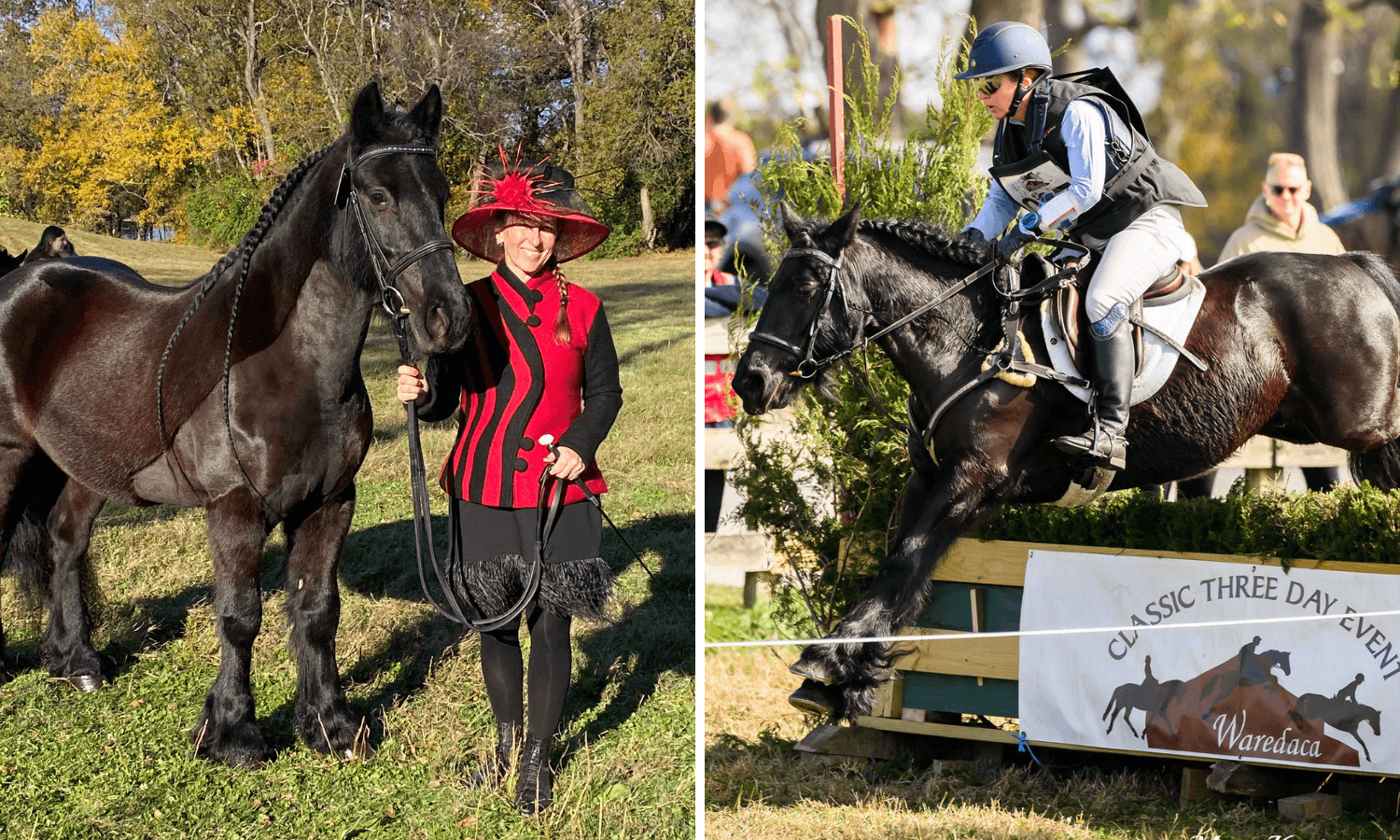Featured Clinician: Sinead Halpin
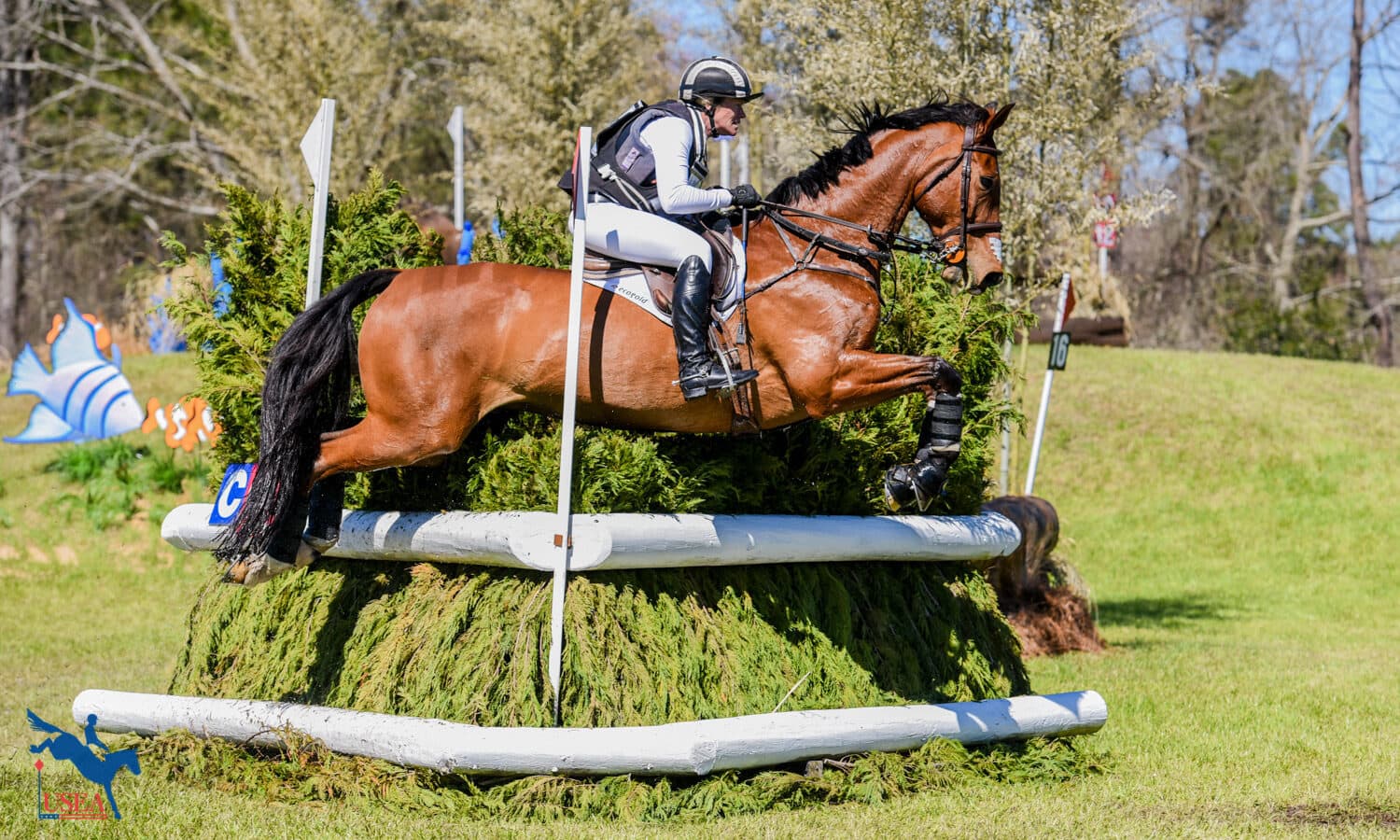
Sinead Halpin Maynard’s impressive international eventing career has deep roots in community and a dedication to good horsemanship. A member of the U.S. Eventing Team for the 2014 World Equestrian Games, Halpin and longtime partner Manoir de Carneville accumulated a number of top-10 finishes at some of the world’s most challenging competitions including Burghley Horse Trials, Military Boekelo, and the Kentucky Three-Day Event. These achievements were the product of years of hard work, a bit of good timing, plus an incredible team of professional riders and friends ready to answer questions and provide advice.
Event Clinics caught up with Halpin after a morning of cross-country schooling to discuss the importance of asking questions, having a good village, and exciting new connections for the sport.
“I’ve been good at getting myself around good people. I rode with David and Karen [O’Connor] when I was 19, it was awesome because it really got me around the best riders and I got to see how big teams worked,” said Halpin. Years as a working student riding polo ponies, hunt horses, and waitressing to pay for lessons in the Middleburg, Virginia reinforced the value of community for opening doors to opportunities.
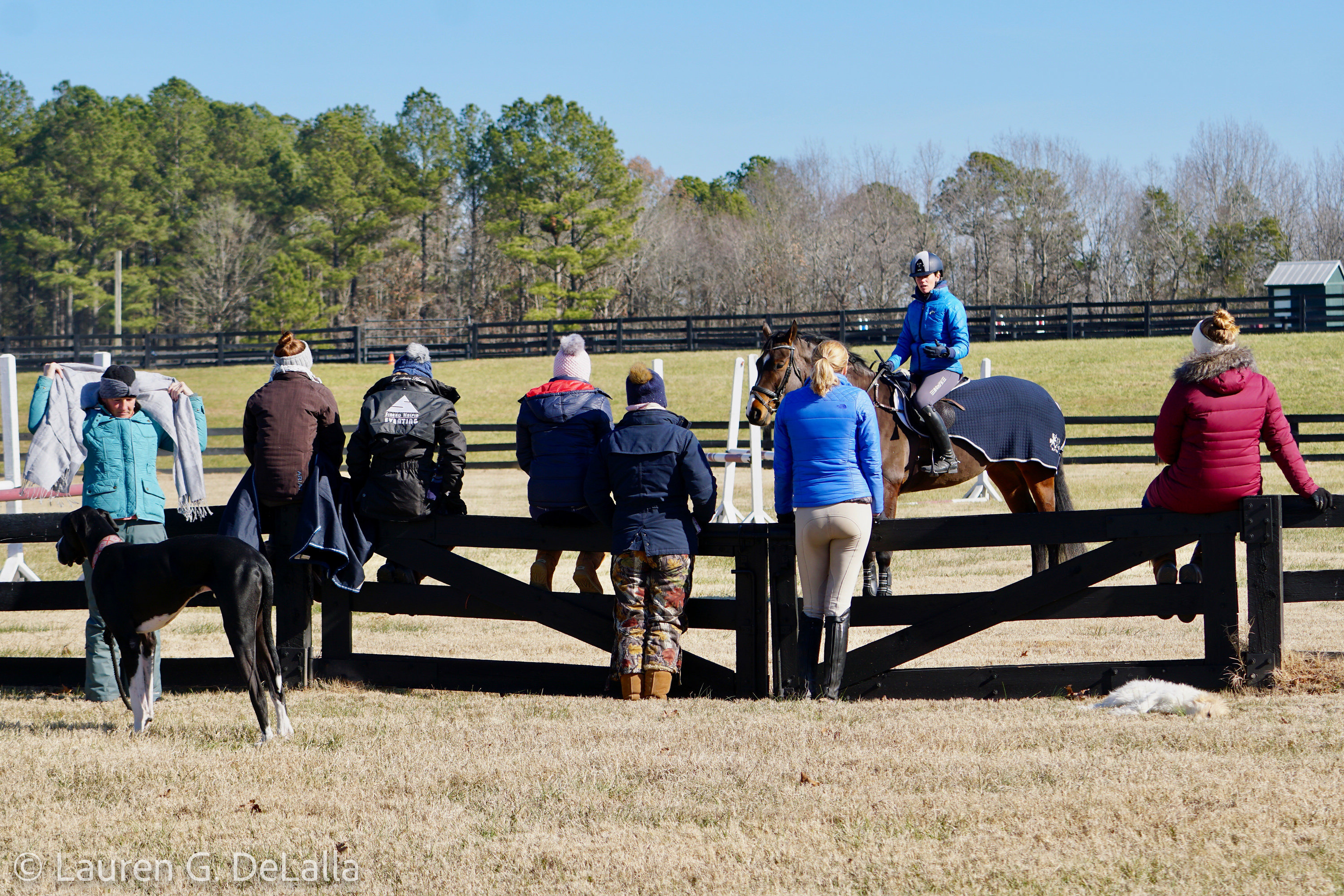
Alongside her husband, international eventer and esteemed natural horsemanship trainer Tik Maynard, Halpin owns and operates Copperline Equestrian in Citra, Florida. Between the demands of managing a business, developing horses to the upper levels of the sport, and raising son Brooks, who just turned one, Halpin frequently travels to teach clinics. An ICP Level III instructor, Halpin is a sought-after clinician whose popular teaching style blends high performance experience with practical applications for riders and horses of all levels.
“I learn so much from teaching clinics, teaching keeps everything fresh. When you go into a new situation and you’re on show it keeps you on your A-game. I ride five to eight horses a day. At this point in my career, they’re mostly consistent and I know them very well. When I’m out teaching a clinic I get to try things out and begin to see patterns from watching so many different types of horses and riders navigate a particular exercise.”
Halpin recognizes the importance of continued education for her own teaching and for her students, and this has inspired a number of innovations for the eventing community. As an expansion of the traditional clinic model, Halpin and Maynard have instituted annual camps that invite riders to spend four days engaging in a combination of private dressage lessons, horsemanship sessions, cavaletti exercises, grid work, and show jumping rounds. The dynamic offerings of the camp experience enable riders to build stronger partnerships with their horses both on the ground and under saddle.
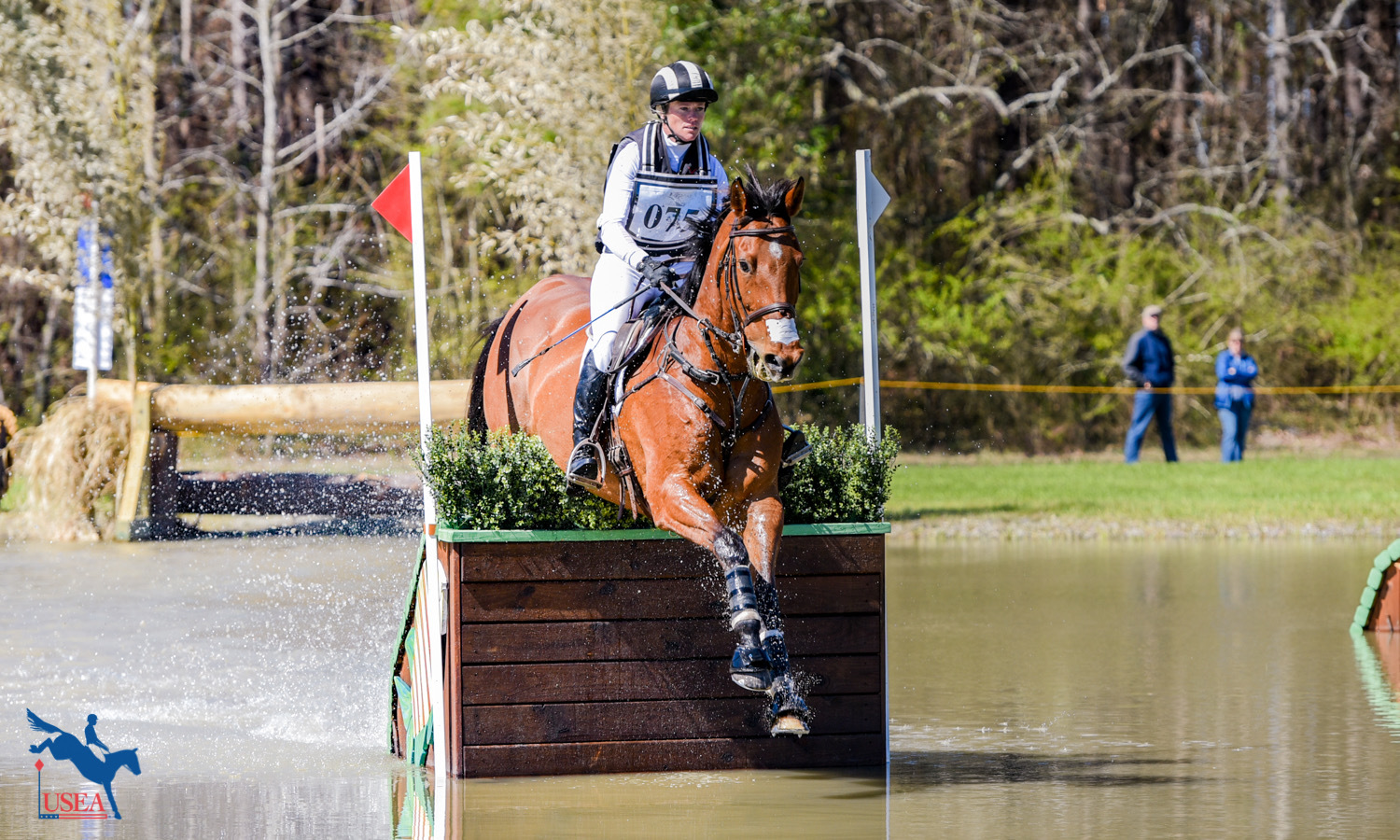
“We both teach a lot of clinics, it can sometimes feel like you’re teaching in a blender when you have 20-24 people between the hours of 8:00 a.m. and 5:00 p.m. for two days. You don’t always get that personal connection, and that's part of the reason we started doing these camps. In a camp setting, you get the chance to know people and what drives them, and explore what they need and how you can help. You really feel like you begin to build a big extended family.”
“People who come to clinics and our camps are great people. They want to learn and be inspired, they’re generally curious,” Halpin told EC. “Something really unique that we are doing this year is to share things we really use in our program with the camp participants; little pieces of the equation that we hope can help other riders.”
The upcoming Winter Camp will be held at Majestic Oaks in Reddick, Florida, owned by Ron and Marisa DiMauro, who share Halpin’s commitment to building community. The proximity to Maynard and Halpin’s permanent base at Copperline Farm enables the camp program for 2019 to include demo rides as well as access to top industry professionals. Bit-fitting specialists, Copperline’s farrier Chris Martelli, and a sports psychologist will be among the resources available to camp participants.
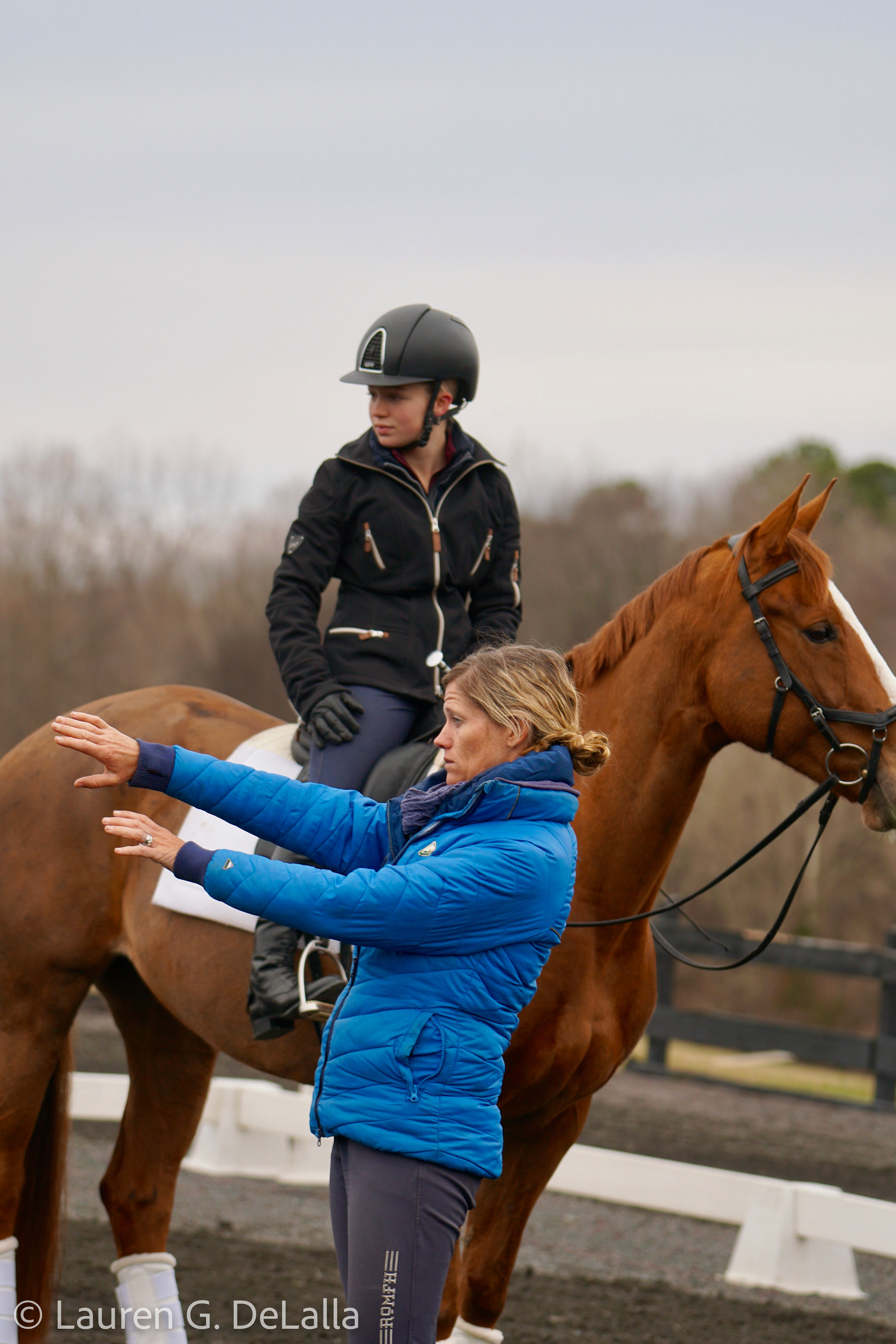
“Another great thing is that these camps make it much easier to accommodate riders’ questions and training throughout the year. We have many riders who have done multiple in a row, so we know them quite well. If they reach out throughout the year with a question I feel like I can give a reasonably good answer that I can be confident in.”
Halpin brings a unique perspective to her lessons and clinics that leaves students and their horses feeling confident in the exercises that they have worked through as well as confident to ask questions. “I was not always good at asking for help, but it’s so important. Thankfully, when I was younger, David [O’ Connor] recognized I needed help without my having to ask. Now that I’m older I’m not scared to ask anybody for help. It’s so easy to get too busy and get to a place where you just get through the grind every day. But then, all of a sudden you’re an island - and you could be a lot better if you use the people around you.”
Feeling comfortable asking for help, and sorting through what advice to take is no easy task. “I have a great group of friends, they’re really smart, educated, and good. I can ask them any question and they will think about it and give me a good answer. My husband, too, is the most influential person in my life. He reads and interviews a lot of people and has worked for reiners, show jumpers, eventers, dressage riders . . . so he has a really unique perspective.”
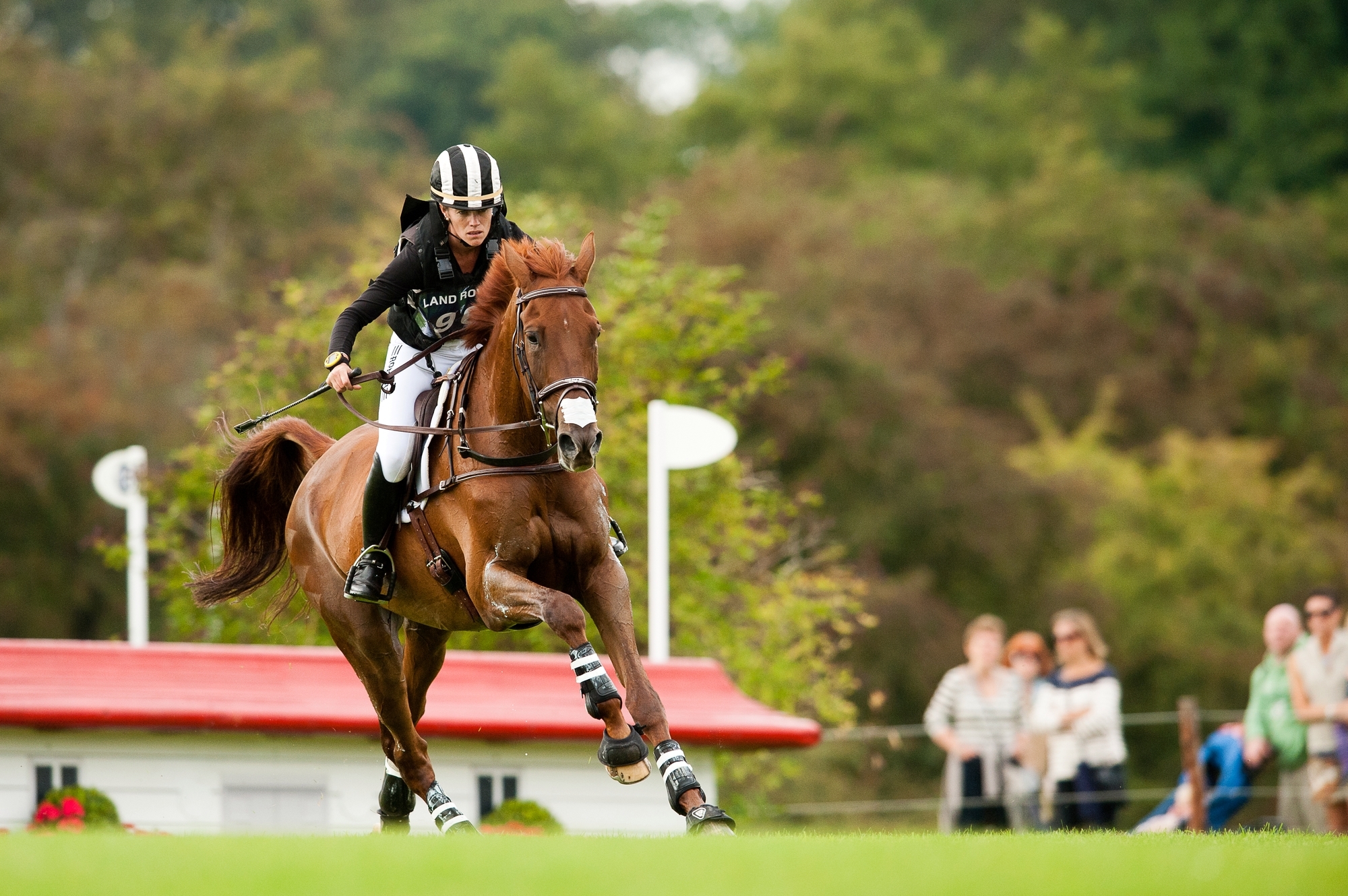
With the camp model, Halpin has improved upon the traditional clinic model by introducing riders to the sense of community that has been such a core feature of her own career. She is now moving ahead with a new platform that connects eventing enthusiasts with and within the equestrian world. The recently announced Access Copperline Equestrian, or ACE, provides individuals with varied membership options that enable them to be part of a group dedicated to producing horses to the top levels while enjoying educational benefits and a unique involvement with the sport. “What I’ve realized is that everyone needs a little something different. Attila, who is our ‘mascot’ horse, is really bringing everyone together. The community is close, and I get to communicate with everyone involved. This relationship is reciprocal, and the ACE members really benefit, which feels so good.”
You can find more details on the exciting new ACE platform at http://www.copperlineequestrian.com/ace/. For upcoming opportunities to #LearnFromTheBest with Sinead Halpin via Event Clinics, click here. Details on Halpin’s training program can be found at https://sineadhalpin.com/.


